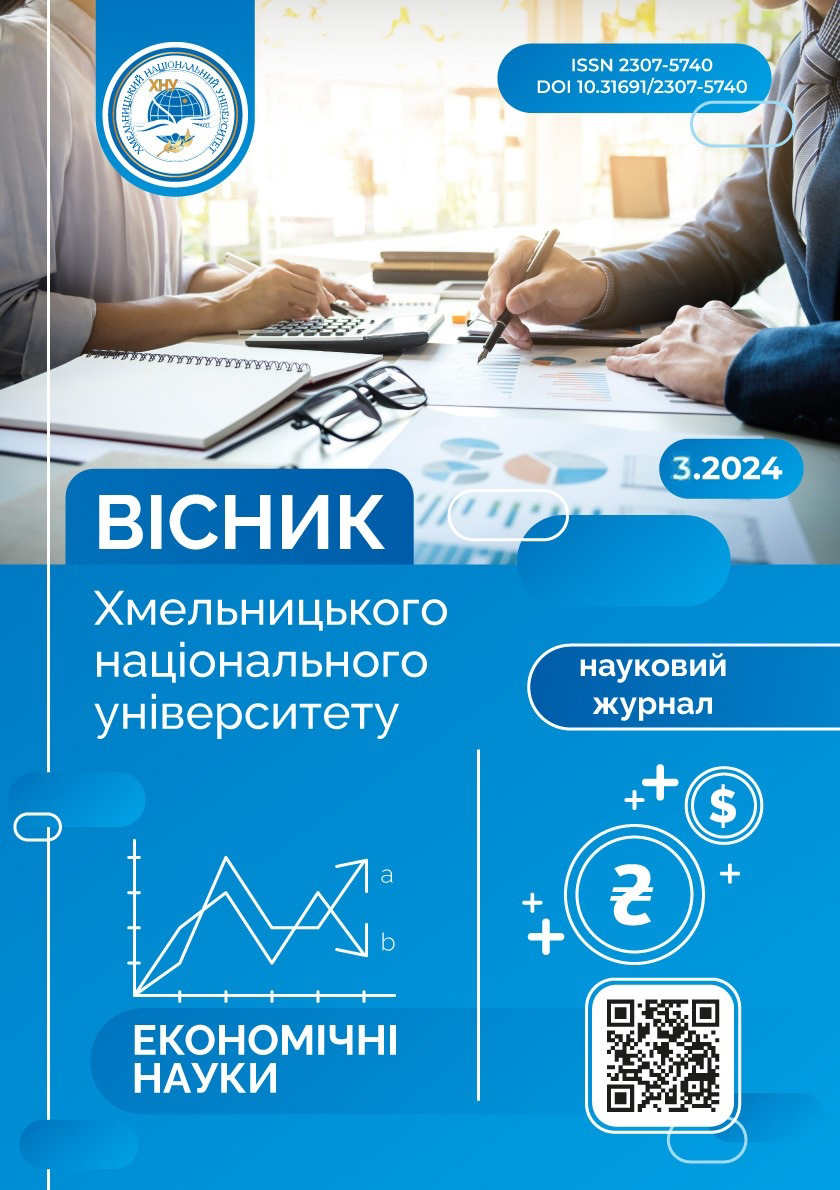PROFESSIONAL DEVELOPMENT OF HUMAN CAPITAL IN CUSTOMS SERVICE
DOI:
https://doi.org/10.31891/2307-5740-2024-330-5Keywords:
management, professional development, human capital, customs service, qualification enhancementAbstract
The article examines various aspects of the development of the human capital of the Ukrainian customs service based on the analysis of scholarly views and current legislation. Specifically, it discusses training programs, leadership development, the creation of incentive and reward systems, as well as the importance of human capital development for the effectiveness and competitiveness of customs services. The article addresses issues related to the formal enhancement of customs officers' professional skills, limited opportunities for training without interrupting service, and the lack of time for self-improvement and lifelong learning. Professional development and motivation of the human capital of customs authorities address several important tasks. Firstly, they contribute to enhancing the efficiency of customs control by providing employees with relevant knowledge and skills. Secondly, these measures help reduce the risks of violations and increase compliance with international standards. Additionally, they foster the creation of a strong and responsible organizational culture, promoting increased staff motivation and attracting talented specialists. To achieve these goals, the article discusses various aspects of professional development and motivation of customs personnel. Specifically, it examines training programs that help employees acquire the necessary knowledge and skills to perform their duties. It also emphasizes the importance of developing leadership qualities among customs service managers and creating incentive and reward systems to motivate staff. In conclusion, professional development and motivation of customs personnel are key factors influencing their effectiveness and competitiveness. Therefore, it is important to pay proper attention to these aspects in customs service management strategies.Key words: management, human development, human capital, investments, professional development.


